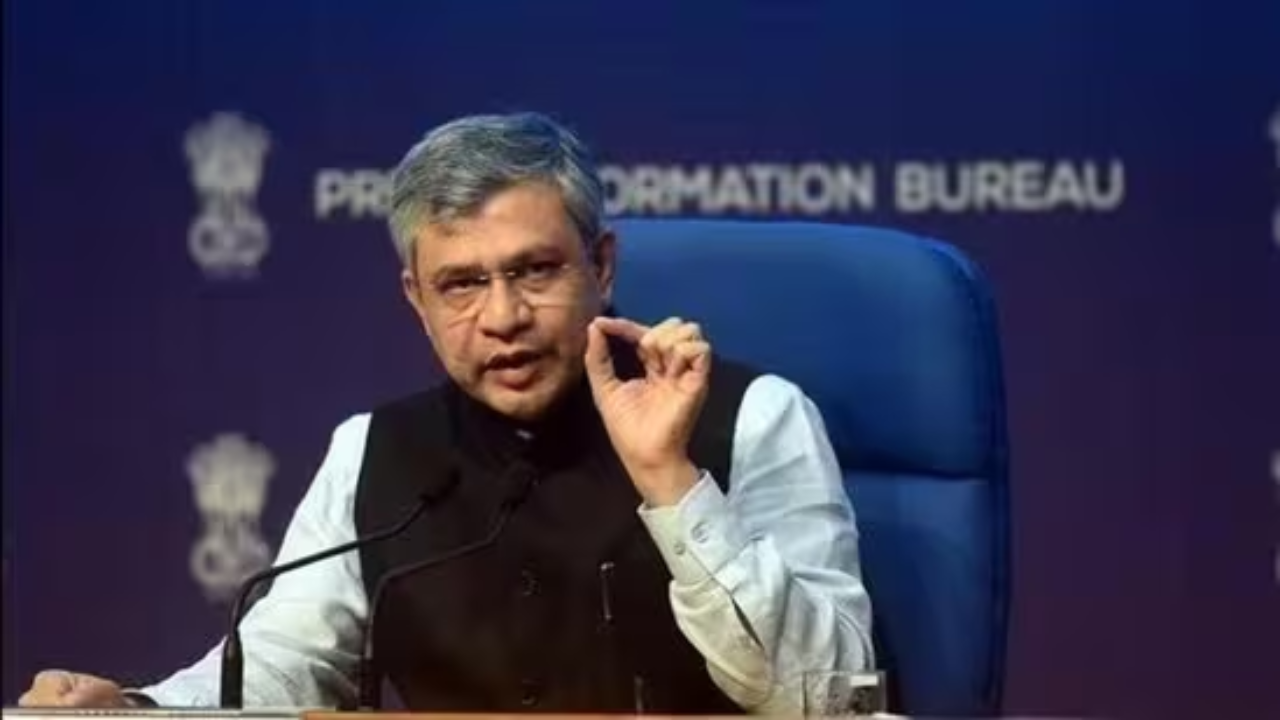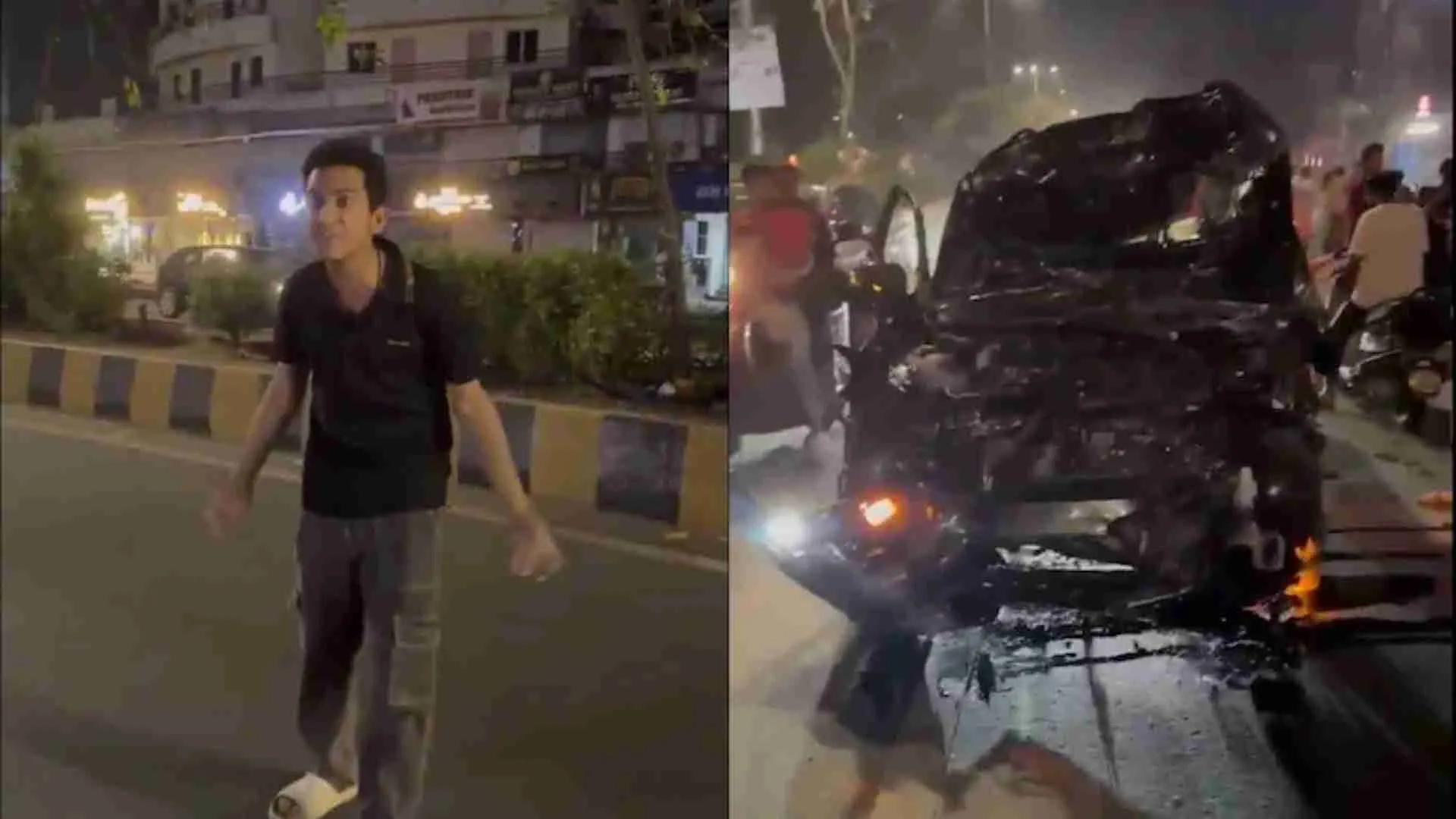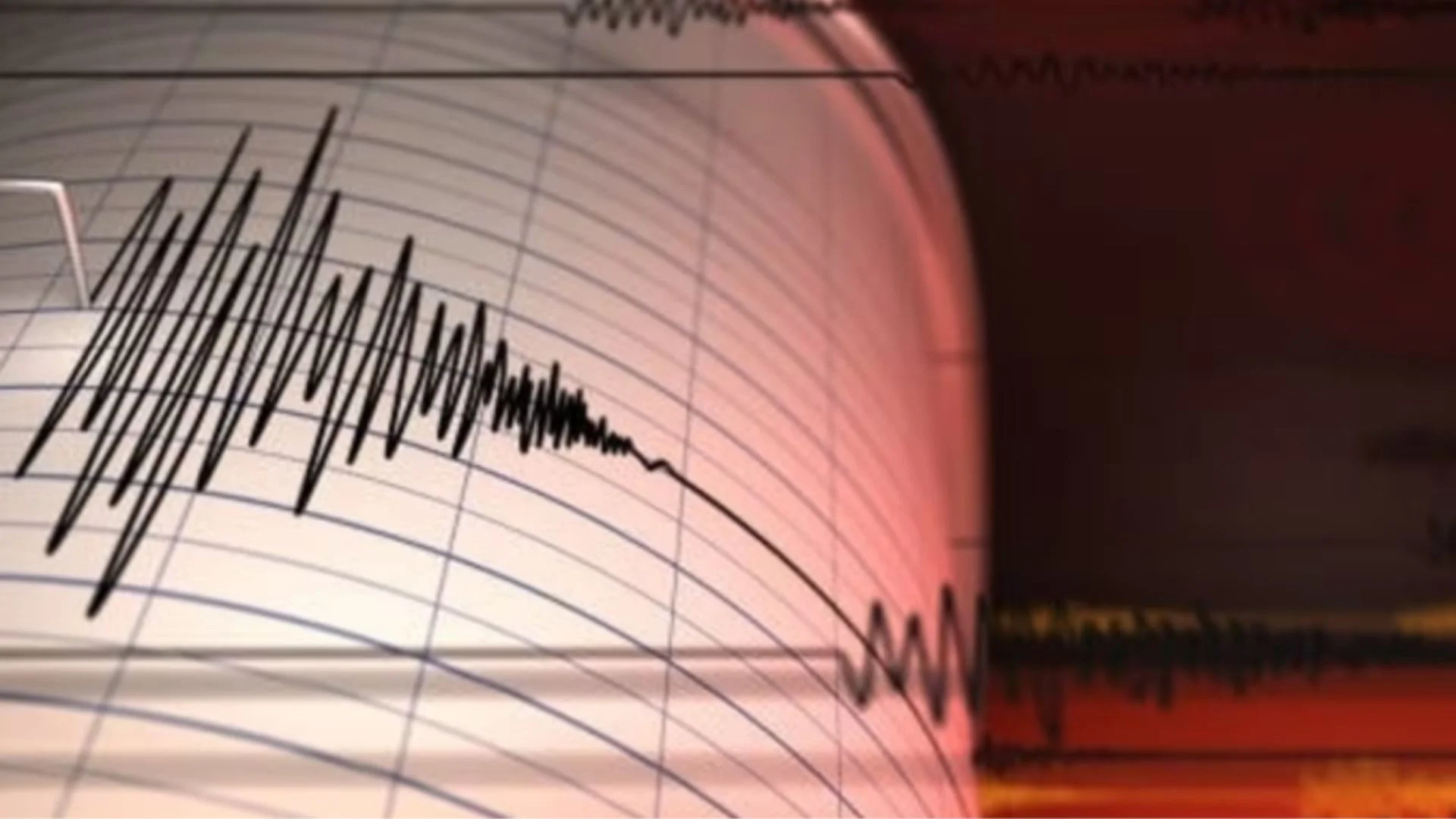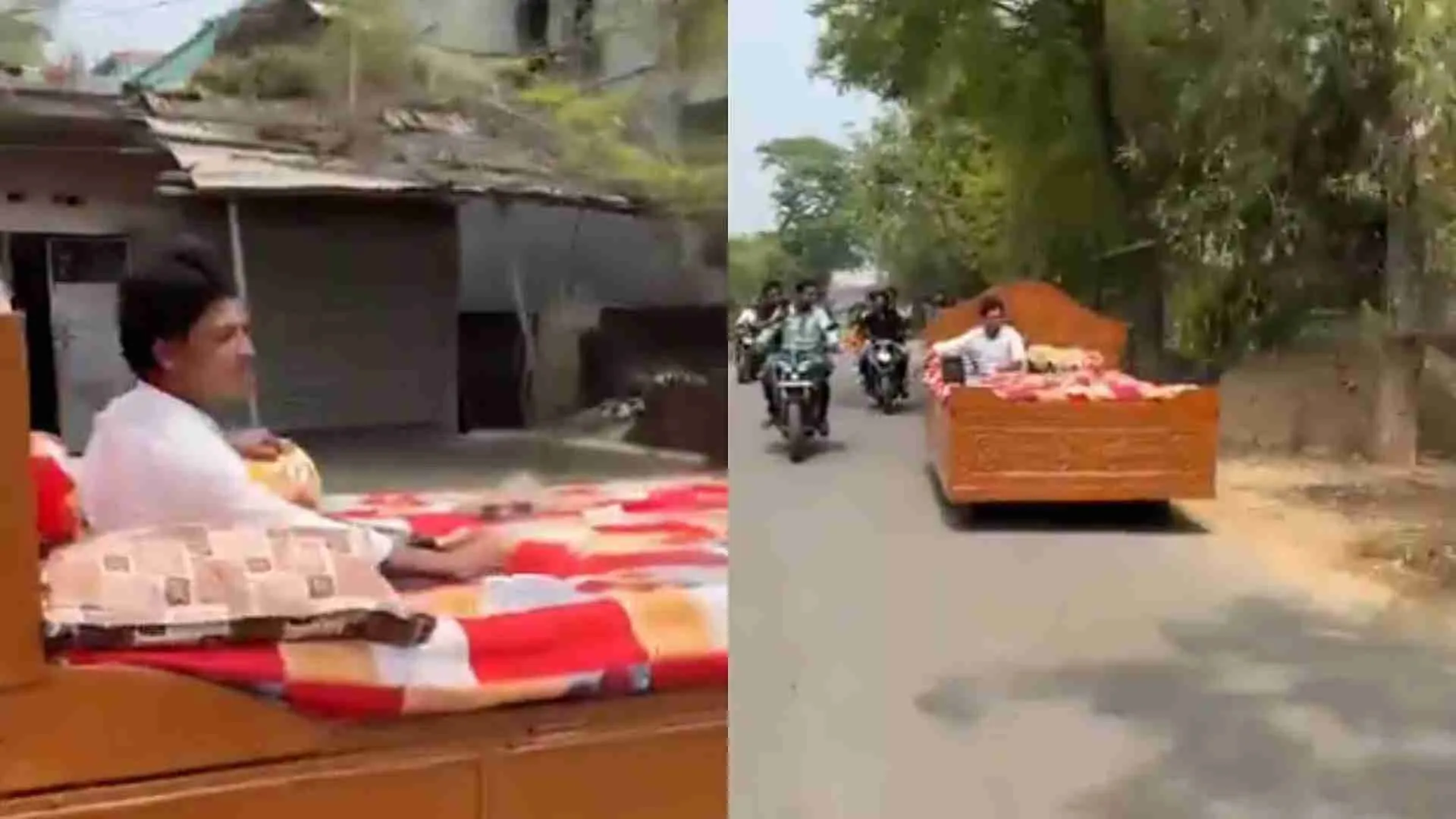Union Minister of Railways Ashwini Vaishnaw convened a crucial meeting on Saturday, just five days after the tragic Bengal train accident, to discuss the accelerated implementation of Kavach, an advanced automatic train protection system. This system is believed to have the potential to prevent such collisions in the future.
During the meeting, Vaishnaw reviewed the progress of Kavach Version 4.0, with officials providing updates on its development. Once certified, Indian Railways plans to deploy the system in mission mode, particularly on high-density routes. “IR will complete installing Kavach on the Delhi-Mumbai and Delhi-Howrah routes by March next year,” stated an official. Additionally, tenders for another 6,000 km of routes are expected to be issued by December this year.
This urgency follows the June 17 incident where the Sealdah-bound Kanchanjungha Express collided with a goods train in North Bengal, resulting in ten fatalities and injuries to at least 41 passengers. The absence of Kavach on the route sparked concerns, as the system could have averted the collision by triggering automatic brakes when the driver fails to act in time. Kavach ensures safe train operations even in adverse weather conditions but operates only when two trains are on the same track.
Officials revealed that more manufacturers are developing the Kavach system, which is currently in various stages of progress. The three approved manufacturers are in the advanced stages of testing Kavach Version 4.0. Vaishnaw emphasized that the installation of Kavach should proceed in a planned manner and in mission mode across all locomotives once the system is ready. The current Kavach 3.2 system will be upgraded to Version 4.0, which promises enhanced safety features.
Globally, most major railway systems adopted Automatic Train Protection (ATP) systems in the 1980s. However, Indian Railways began its journey with the Train Collision Avoidance System approval in 2016. By 2019, it achieved SIL4 certification, the highest level of safety certification, and was approved as the National ATP system in 2020. Despite the challenges posed by the Covid-19 pandemic, testing and development continued, leading to the certification and adoption of Version 3.2 in 2021. Work commenced on the Delhi-Mumbai and Delhi-Howrah routes in late 2022.
An official highlighted the critical components required for any ATP system, including an optical fiber network, radio equipment, RFID tags on tracks, data centers at stations, and integration with signaling systems. “The installation of Kavach is our top priority, and all efforts are being made to expedite its implementation,” the official added.
As Indian Railways pushes forward with the Kavach system, the focus remains on enhancing safety and preventing future accidents, ensuring the protection of passengers and the efficient operation of trains across the country.






















